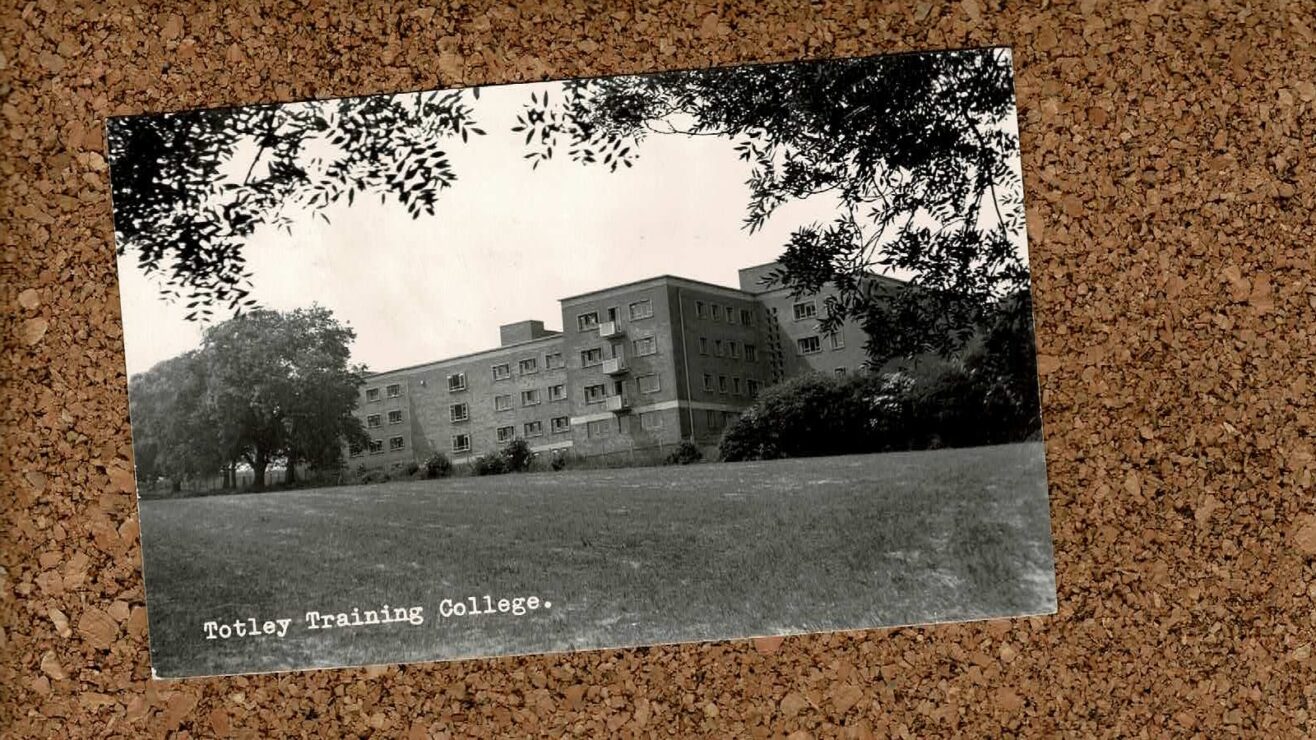You might remember that in the grip of the first Examnishambles in August 2020, Michelle Donelan announced the formation of a Higher Education Taskforce to “identify and resolve some of the challenges now faced esp around capacity”.
At first all the big names from Universities UK, the Russell Group, MillionPlus, Guild HE, University Alliance and Independent HE (along with reps from UCAS but pointedly not NUS) met daily, then weekly and eventually monthly as the group turned its attention to wider issues.
We took a look at the readouts from the meetings in August and September 2020 and then October and November 2020 on the site.
Now after waiting almost four months for a response to a Freedom of Information request, we have readouts from the first half of 2021, after which it either was disbanded or must have changed its name to avoid further FOI requests.
As previously, there are no jaw dropping moments here, but the material is still interesting when you contrast what was going on behind the scenes with what was being said publicly.
January 2021
By this stage you’ll remember that the government had launched a consultation on alternative Level 3 assessment arrangements. The readout records that Donelan asked for universities to be as flexible as possible and acknowledged the need to avoid the previous year’s scenario where there had been some serious grade inflation. Fair to say that universities kept their side of the bargain, the government not so much.
A “deep dive” into placements – focussed on worries that continued lockdown would mean students would not clock up the appropriate number of hours in the classroom, ward or ambulance – oddly only seemed to cover health and education. And in a discussion on student support issues, it was asked what was in place regarding broadband access for disadvantaged students – Donelan noted that DfE was “aware” of connectivity issues and (for some unknown reason) would be following up with (ie attempting to pin the blame on) DCMS.
Early February 2021
Following a short discussion updating on PSRBs and the placements position, officials said that they were “collaboratively exploring” where there was scope to “compress and modify” courses and assessment to enable students to catch up. Echoing both the legal position and the general line from the OIA, one contributor said that though focusing on learning outcomes was important, there was concern around giving students opportunities to catch up on lost experiences. DfE agreed to go away and explore what the options were for supporting students due to graduate in Summer 2021 in relation to missed opportunities.
Another member said that they were worried about catch up opportunities for A-Level students (let’s charitably assume they mean students at Level 3 in general) prior to attending university – for example “crash courses” to ensure they were at the relevant level before heading to university. The good news conveyed to the group was that DfE said it was working on catch-up for both HE and FE.
On student support, while Donelan’s £50m hardship fund was “welcomed” (although concerns around the allocation of funding were raised, which we covered here), the “bigger challenge” was the worsening mental health picture – with some mental health services in universities overwhelmed, and the NHS not able to react quickly enough.
DfE referred to a mental health working group (we think that means this shower), and separately Gavin Williamson had announced an action group on mental health which was to include pressures on young people and students across the sector as a whole. It was even presciently acknowledged that the “ramifications will be on-going after students return” and DfE was “working closely” with DHSC on this.
Oh, and there was a brief discussion on quarantine hotels during which members commented that campuses have a good ability to quarantine on site and would be keen to do so. That never happened.
Late February 2021
At this meeting, Donelan was in the unfortunate position of having to explain and defend the “roadmap out of restrictions” announcement that for some reason had hedged its bets over a date for general campus reopening. “Practical” students had been “allowed” back – mission group members emphasised the need to align the return of remaining students logically with the wider roadmap.
They were told that testing data, good uptake from students, strong communication of any outbreaks and further evidence of the non-academic risks of students not returning (ie risk to mental health and wellbeing) would help “build the case” across government.
On the question of catch-up, Donelan was concerned with a need to provide more support for new graduates, particularly with their employability – and it was suggested that a group of graduate employers and graduate support groups be convened to establish what concerns employers have, reassure them that graduates were qualified and identify any gaps that need to be filled. As usual, note that it was never suggested that any actual recent or forthcoming graduates would be convened to discuss their needs or fears.
Donelan argued that three “workstreams” were being looked at – reassuring students and employers of the credibility of courses that finish that year, providing support for students to catch up on any potential soft skill development that they missed, and helping boost students’ CVs by providing opportunities such as internships.
Late March 2021
Following a short discussion on the new Turing scheme, the first pressing topic was students’ return to campus. Donelan said that the case for “home testing” and “blended models” was “progressing rapidly” although evidently still not resolved.
And back on catch-up, Donelan committed to the publication of good practice (which could include mentoring schemes, online skills modules and targeted support), and announced that she would be hosting a joint roundtable with Kevan Collins, the government’s appointed “education recovery” tsar.
Mid-April and Mid-May 2021
At this short meeting, Donelan was having to defend Downing Street’s announcement that remaining students would only be officially able to return to in-person teaching from 17 May as part of the relaxation measures in “Step 3” – something that UUK had kicked off about publicly just a few days beforehand.
Then on 13th May, the last meeting for which there is a “read out”, Donelan at least acknowledged that the confirmation of Step 3 was not “ideal timing” given that many courses would have moved into assessments by then. She didn’t mention that even of May 17, was still going to be illegal under Step 3 to gather indoors for anything other than teaching.
There was plenty of discussion at this meeting on international students. On arrival quarantining in halls, the Russell Group tried to argue that while it would not be possible for all universities, the ones who wanted to should be allowed to try. MillionPlus argued that on vaccines, it takes time to register with a GP and asked if there would be work done on speeding up this process – Donelan said that there would be a “twofold strategy” involving “logistics and promotion”.
On September, MillionPlus said that “restrictions scenarios to assist university planning” would be useful for writing student contracts – Donelan suggested that DfE’s lawyers “might be able to help”, which sounds a lot like “…with avoiding liability under consumer protection law if it turns out that we can’t deliver what we promised to students.”
The Russell Group expressed a hope that the minister would back universities in the media should they be criticised for making plans involving restrictions, a hope eventually repaid by Gavin Williamson publicly castigating universities in September for planning to run online lectures. DfE stressed that providers should “plan for restrictions as it is easier to relax these later on rather than try to introduce them”, although it’s probably fair to say that DfE has found it rather harder in practice to encourage a “full” return to pre-Covid campus activity.
Oh – and what’s that you say? What about all of that work that DfE was undertaking on broadband access with DCMS? Work on lost learning experiences? Deteriorating mental health? Catch-up for current and incoming students? That graduate group and that planned round table with Kevan Collins? The three workstreams? The support for students to build soft skill development? Helping boost students’ CVs by providing opportunities such as internships?
The minister updated that DfE had published (via OfS) its wafer-thin “Graduate Employability and Skills Guide”, and “assured employer confidence in this year’s graduates”.
There were then “no questions or comments”.
Probably just as well, really.













